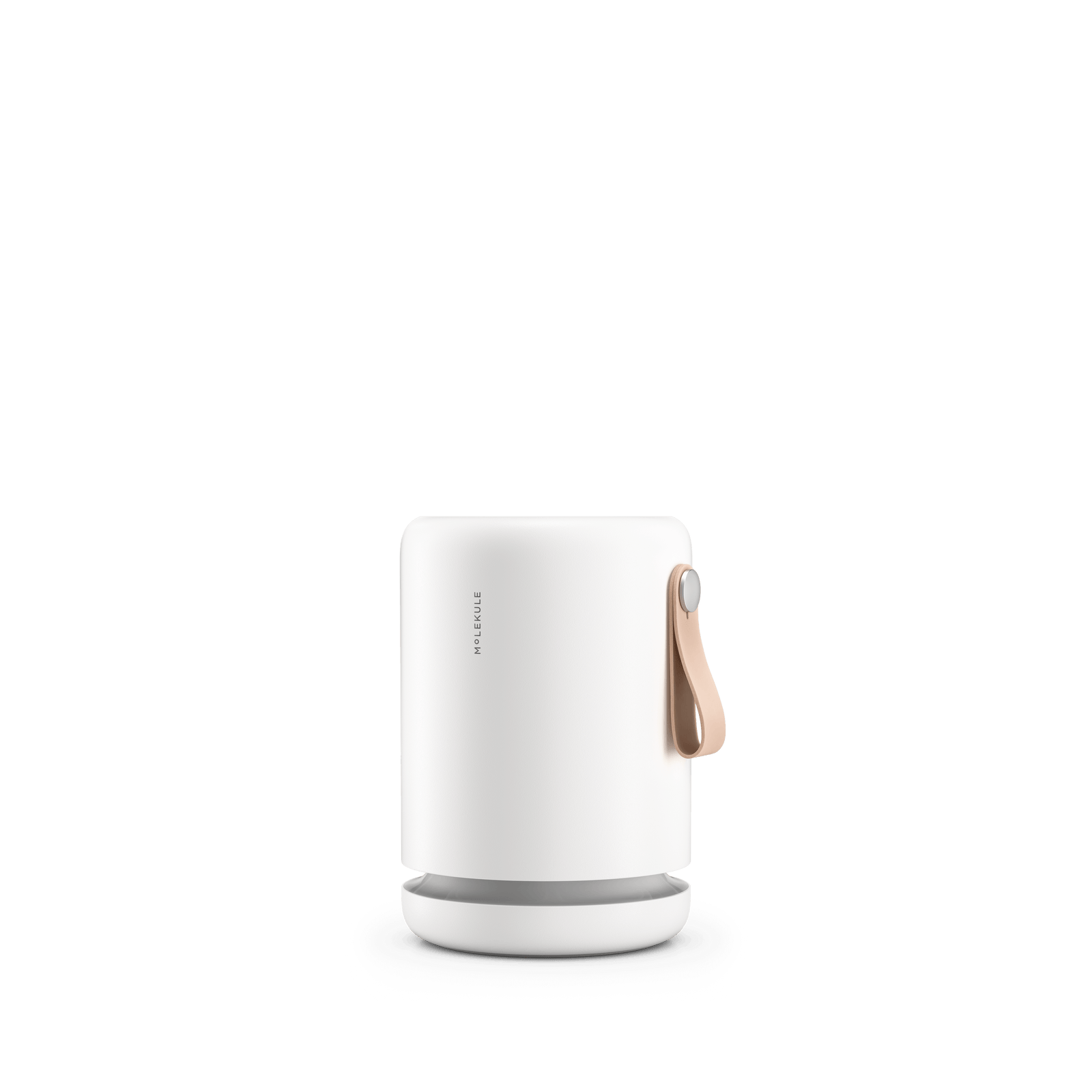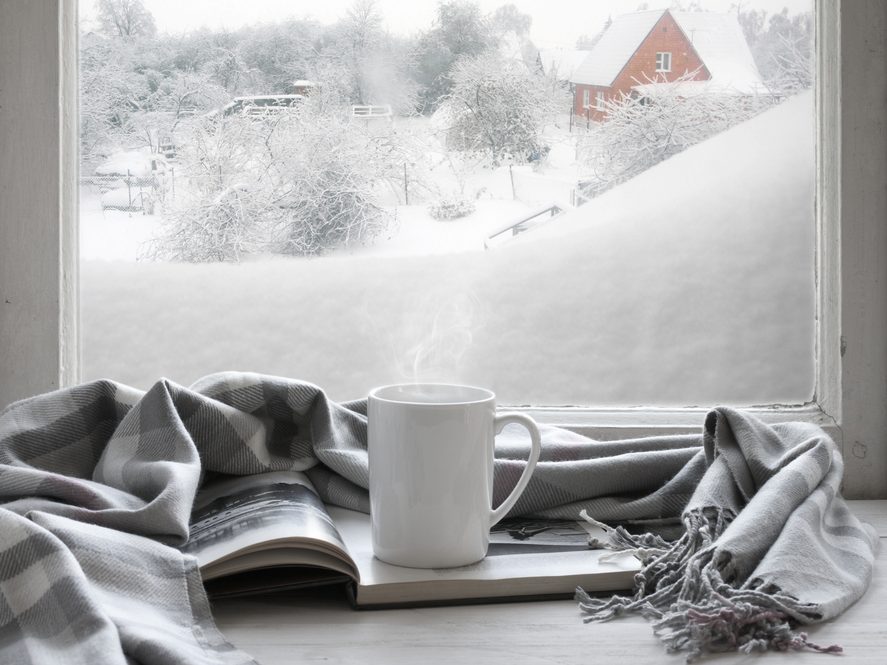Almost everyone experiences at least a few days of stuffy nose, coughing and sneezing during the winter months. If the cause is a cold or flu, there may not be much you can do other than rest and wait for your body to fight off the virus, according to doctor’s orders. But if you have chronic respiratory problems every winter, you might be dealing with allergies or another condition related to the winter season.
Are winter allergies an actual medical condition? What can make them different (or feel worse) than regular allergies? How can you tell the difference between winter allergies and a nasty cold? This article will address all those questions, and help you understand how the winter season may affect allergy symptoms. Please note that this article is for informational purposes only and should not be used as a substitute for medical advice.
The truth about winter allergies
There are two types of allergies: environmental and seasonal. Environmental allergies include dust mite, mold spore and pet dander allergies. It does not matter what time of year it is, if the allergens are present in your home, anyone who is allergic to them may have symptoms like itchy, watery eyes, stuffy nose, sneezing and possibly hives. However, during the cold season, indoor air pollution (including allergy triggers) may get worse because you may spend more time inside.
Seasonal allergies during winter
Seasonal allergy sufferers are allergic to different types of pollen that are released by plants and dispersed into the air. Various plant species release their pollen at different times of the year, depending on the plant’s life cycle and habitat. Many plants release their pollen in spring making it a difficult season for allergy sufferers. However, ragweed releases its pollen in late summer. Mold on grass and leaves also gets stirred up in autumn, giving it a seasonal aspect as well. The severity and timing of your allergy symptoms may depend on which types of pollen you are most allergic to.
What about winter allergies? For most plants, a hard frost puts the plant into its dormant state, and no pollen is released until the following spring. However, there are exceptions. Evergreen trees and shrubs can release pollen in the winter. Trees in the cedar and juniper families are notorious for releasing large amounts of pollen that are also highly allergenic. The mountain cedar tree, western red cedar and rocky mountain cedar are all trees known to cause winter allergies. There is a term for this type of allergy: cedar fever. The mountain cedar has a specific range (in the U.S., it is most common in Texas and Oklahoma), but other cedar and juniper species that cause allergies exist throughout North America. In addition, wind can carry pollen hundreds of miles beyond the species’ primary range.
There is one important difference between cedar-related winter allergies and other seasonal allergies. Research has found that cedar pollen also stimulates allergies in people with no other allergies or history of allergy problems. It can also cause those allergies to appear later in life than is typical for seasonal allergies.
Environmental allergies during winter
Allergies do not just change with the season. They change with the region as well. Different regions’ plant life produces different types of pollen. You may not suffer winter allergies in the northeast U.S., but if you moved to the Pacific Northwest you might find the trees in that region give you serious winter allergies.
Your winter allergies may be simply due to greater exposure to the same things you are always allergic to in your house, like dust mites or pet dander. During winter the doors and windows are kept closed and the HVAC system is more likely to send allergens into the air. You may find your allergy symptoms are worse than usual simply because of the poorer indoor air quality.
Winter allergies vs. a cold
Allergies and cold or flu symptoms can be hard to tell apart, yet they all affect your respiratory system. A cold and a flu are both caused by a virus. Allergies are not caused by a virus, but by your immune system reacting to something you are allergic to. A flu may be more serious and can include extreme fatigue, body aches and a high fever. Both the flu and a cold may cause symptoms that include a runny nose, congestion, cough and sore throat.
Allergy symptoms can include the same type of congestion and sneezing you experience with a cold, and sometimes even some fatigue. However, allergies should not cause a high fever. Another key differentiator: allergies may cause itchy, watery eyes, symptoms not usually associated with a cold or flu (though they can occur with a cold or flu). More information about the difference among allergies, cold and flu can be found at this link from the National Institutes of Health (NIH).
Am I allergic to cold weather?
If you have allergies, asthma or another respiratory disease, you may feel like a blast of winter cold air makes your respiratory symptoms worse. Studies have found that cold air reduces lung function, increases functional disability from respiratory symptoms and worsens the symptoms of respiratory diseases (Cruz & Togias, 2008; Leiner et al., 2003). Allergy and asthma symptoms have been shown to worsen after exposure to cold air, with one study suggesting, “low temperature and accompanying low air humidity are likely to affect the respiratory epithelium and induce hyperresponsiveness and narrowing of the respiratory airways” (Hyrkäs-Palmu et al., 2018).
Is it possible to have an allergy to cold air itself, rather than seasonal or environmental allergies that are exacerbated by cold air? It is possible, but the condition that causes this effect, cold urticaria, is very rare. A genetic mutation causes cells involved with the body’s immune system to attack themselves when exposed to cool temperatures. The end result is that people with cold urticaria experience itchy hives and respiratory effects that can be dangerous when they’re exposed to cold air (Ombrello et al., 2012).
What can help with winter allergies
Short of moving away from mountain cedar territory, there may be no special way to reduce the symptoms of winter allergies. All of the basic steps used to improve indoor air quality and reduce your exposure to allergens may help with your winter allergies as well.
- Reduce exposure. Watch the weather reports for high pollen count days. Keep your windows closed (they probably already are since it is winter), and postpone any mountain hikes for days when the pollen count is lower.
- Wash bedding, blankets, upholstery and rugs. Soft surfaces trap allergens, including pollen. Then the allergens can be stirred up later, when the heating system kicks on or your dog wags his tail. Washing them in hot water will remove these allergens from your home.
- Vacuum and clean. A vacuum equipped with a HEPA filter will effectively remove allergens from the air. Wiping down surfaces with a damp cloth will pick up allergens that have settled onto those surfaces. Regular cleaning will reduce the overall amount of allergens.
- Change the HVAC filter. Your home’s heating system likely has a filter of some kind to trap dust and other particles. The filter can trap many types of allergens and prevent them from being dispersed through the home. However, if the filter is clogged with debris, it becomes less efficient and can even be a source of allergens. A new filter is a good idea at the beginning of every winter.
- Use an air purifier. An air purifier can help remove particles, including allergens like pollen, mold and dust mites, from your home’s air. The Molekule air purifier is unlike traditional air purifiers because it can destroy allergens in the air.
It may be surprising to learn that, during a season when we think of plants as dormant, plenty of trees are releasing pollen into the air and causing winter allergy symptoms. Taking steps to improve your indoor air quality could help you deal with unexpected winter allergies.












